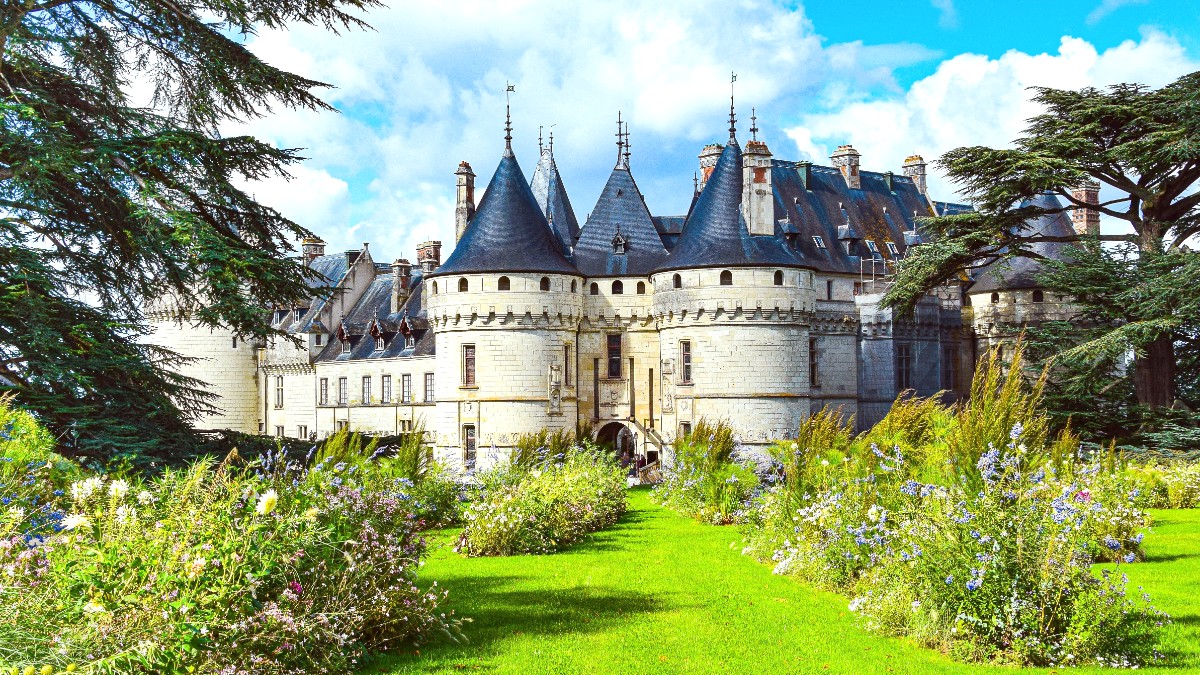
The Loire, France
Angers sits in western France, a city within the Maine-et-Loire department. This department belongs to the Pays de la Loire region. The city’s location on the banks of the Maine River shapes its character. The Maine River, a short tributary, flows into the much larger Loire River nearby. Angers stands about 300 kilometers, or 186 miles, southwest of Paris. This position makes it a natural entry point to the western part of the Loire Valley.
Angers is a deep history, going back to Roman times. During that era, the city was Juliomagus. Over centuries, it became the historical capital of Anjou, a powerful medieval county, and later a duchy. It played a central part in both French and English history.
The city's most prominent historical landmark, the Château d'Angers, speaks of its powerful past. Louis IX, a French king, built this formidable fortress in the 13th century. Its purpose: defense and to show royal authority.
This lineage puts Angers in a special place in European royal history, linking it to figures like Henry II of England and Eleanor of Aquitaine. Angers also thrived as an intellectual and artistic center, especially during the Middle Ages and Renaissance periods.
Its university, one of the oldest in France, drew scholars and built a rich cultural environment. This legacy is clear in the city's architecture, its museums, and its ongoing focus on education and the arts. The city's history extends beyond its castle.
Known as Juliomagus, the city stood as an early settlement.
Became the historical capital of the powerful medieval county of Anjou.
Home to the founders of the royal house that ruled England.
Fortress built by Louis IX in the 13th century for defense and royal authority.
A thriving intellectual and artistic hub with one of France's oldest universities.
Many streets, churches, and public squares bear witness to centuries of growth, conflict, and cultural flourishing. The city’s history extends beyond medieval times. It had a part in the French Wars of Religion and saw growth during the Enlightenment and industrial eras. Each period left its mark, making a layered urban landscape with constant discovery for history enthusiasts.
Angers preserves its heritage while adapting to modern needs. Its strong historical identity sets a compelling backdrop for any visit, letting travelers connect with centuries of French life and power struggles.
The city’s historical narrative brings more than just dates and names; it brings a sense of continuity and a appreciation for the forces that shaped modern France.
To fully appreciate Angers' history, a guided tour of the Château d'Angers or a walking tour of the old town makes good sense. These tours give context beyond what guidebooks say.
It features a range of cultural institutions and is a major urban hub within the Loire Valley. The city gains recognition for its many green spaces, its active university, and a dynamic local economy. This economy holds particular strength in horticulture and technology sectors. Angers is a pleasing mix of historical charm and modern facilities, making it a good base.
From here, travelers can simply explore the famous châteaux and vineyards of the surrounding Loire region. Angers balances its historical roots and its present-day energy. The city center combines ancient architecture with contemporary shops and cafes, making an inviting atmosphere.
The green areas add to Angers' reputation as a livable and appealing city. They also present chances for visitors to relax and enjoy nature without leaving the city.
The university presence contributes youthful energy, with a lively student population keeping the city's cultural scene fresh and engaging.
The local economy, especially in horticulture and technology, gives Angers a forward-looking outlook while keeping its heritage.
Angers also acts as a gateway to the Anjou wine region. This area is known for its diverse wines, including dry whites, rich reds, and sweet dessert wines. Wine enthusiasts find easy access to vineyards and cellars from the city. They enjoy tastings and tours, learning about the local viticulture.